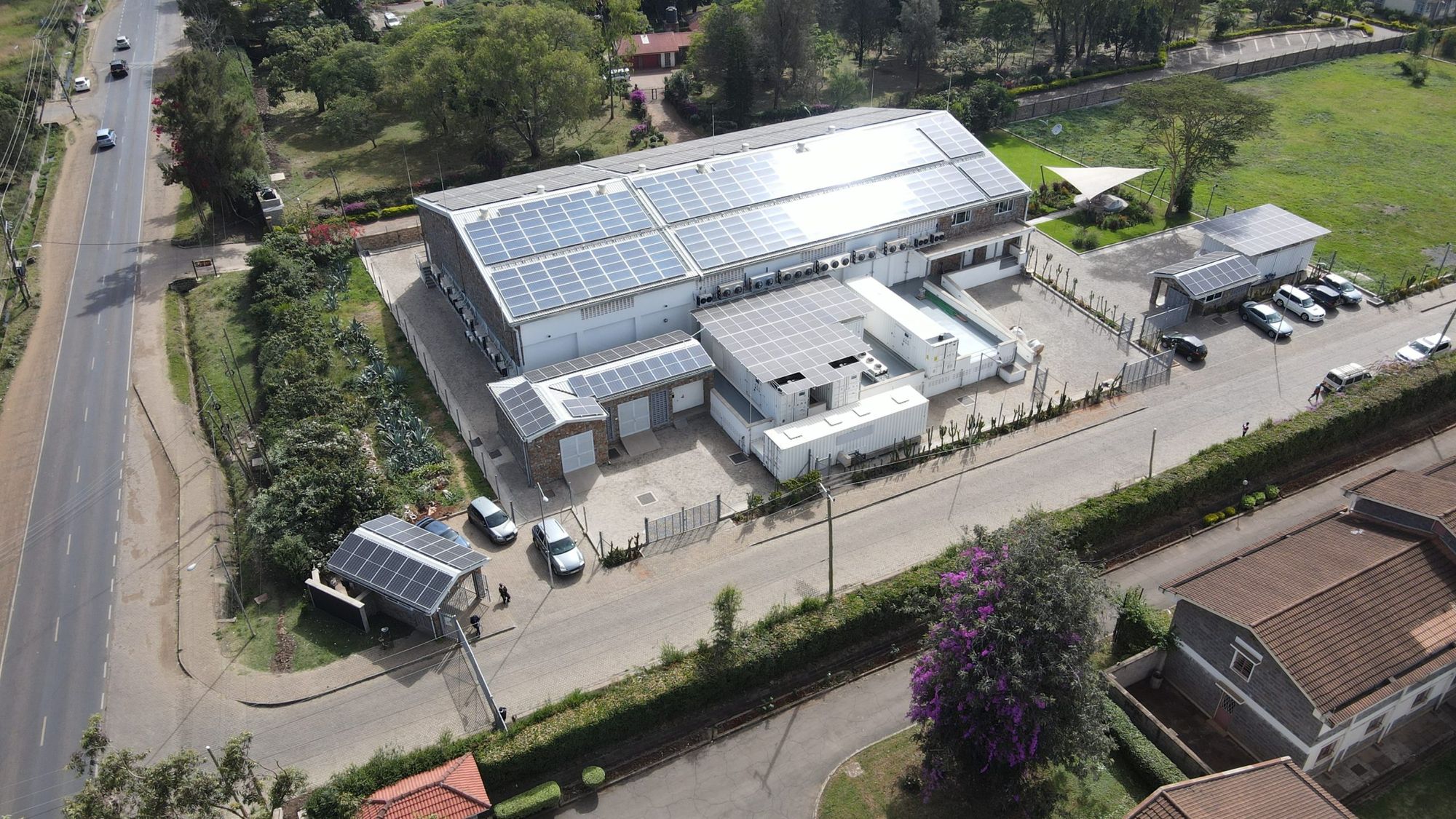Harnessing Solar Power for Sustainable Growth
Carrier-neutral data center infrastructure provider iColo has recently announced a significant expansion of its solar energy capacity, commissioning over 650 kilowatts (kW) of new solar installations across its data center campuses in Nairobi and Mombasa. This strategic move reflects iColo’s commitment to sustainability and its alignment with customer goals for renewable energy.
Nairobi and Mombasa Campuses Lead the Way
At iColo’s NBO campus in Nairobi, which serves as a critical hub where over 60 national and global networks converge, more than 450 kW of the new solar capacity has been deployed. This addition is crucial for supporting the ongoing expansion of the campus. Meanwhile, nearly 200 kW of solar power has been integrated into the growing Miritini campus in Mombasa, enhancing the sustainability of one of Africa’s leading global interconnection hubs, which hosts over 85 network providers.
A Commitment to Renewable Energy
Ranjith Cherickel, Founder and CEO of iColo, emphasized the company’s dedication to both sustainability and customer support. “Our solar investments are driven not only by our sustainability goals as a company but also by our commitment to support our customers’ renewable energy targets. As we further expand, Mombasa’s leading global interconnection hub will benefit from the campus’ expanded sustainable energy source,” Cherickel stated.
Cherickel also highlighted the broader impact of these initiatives on Kenya’s renewable energy landscape. “In harnessing Kenya’s renewable energy landscape, we’re proud to lead the charge towards a sustainable future. We will continue to invest in renewable energy to keep up with our power consumption for the foreseeable future. We’re not just embracing renewable energy; we’re driving it forward.”
Aligning with Kenya’s Renewable Energy Vision
Kenya’s power grid is already predominantly renewable, with 82% of its energy generation mix coming from geothermal, hydro, and wind sources, according to the Energy and Petroleum Regulatory Authority (EPRA). iColo’s solar initiatives are a strategic extension of this national commitment. The company is actively exploring additional opportunities to expand its solar capacity, including potential installations on greenfields, car parks, and rooftops across all its campuses.
Long-Term Goals for Solar Integration
iColo aims to meet 25% of its facilities’ power needs through solar installations as part of its long-term sustainability goals. The company’s master plan includes three data centers, supported by a captive substation, with an expected consumption of over 20 megawatts (MW) at full capacity. The second data center in Nairobi, NBO2, with an IT load of 6.5 MW, is anticipated to become operational in Q3 2025, further advancing iColo’s commitment to sustainable energy.
Global Alignment with Digital Realty’s Sustainability Initiatives
iColo’s solar expansion in Kenya aligns closely with the global sustainability goals of its parent company, Digital Realty. In 2020, Digital Realty joined the Science-Based Targets initiative (SBTi), committing to significant reductions in Scope 1 and 2 emissions by 68% and Scope 3 emissions by 24% by 2030. The expansion in Kenya is part of a broader strategy to increase solar power sourcing across Africa, complementing other initiatives like Teraco’s large-scale solar project in South Africa’s Free State province.
Expanding Renewable Energy Footprint in Africa
Digital Realty’s broader efforts include securing contracts for over 1.4 gigawatts of renewable power, marking substantial progress towards its clean energy objectives. The 120 MW utility-scale solar development by Teraco is expected to generate over 338,000 megawatt-hours annually, significantly contributing to Africa’s renewable energy landscape. This ongoing commitment underscores Digital Realty’s and iColo’s dedication to driving sustainable practices across their operations.




